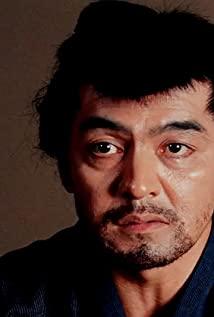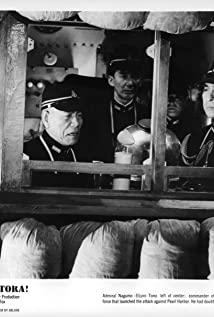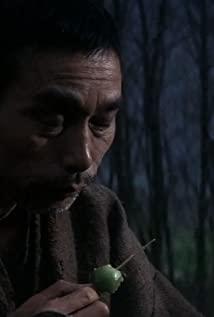-
Wayne 2022-01-20 08:03:36
It’s not a militaristic movie. I reflected on what is true patriotism.
"The Harp of Burma" 1956, directed by Ichikawa Kun, adapted from Oshiyama Michio's works, and was selected for 200 famous Japanese novels.
Take Mizushima as the main line and the captain as the secondary line.
Mizushima, a scout and musician, lost his teammates during the mission. On the way back... -
Benedict 2022-01-20 08:03:36
When will there be "Chinese Guqin"
"The Harp of Burma" Japanese film master Chuan Kun
is a black and white film, and the film is as simple as black and white: Mizushima is the scout who explores the road, and the harp is his signal after he explores the road. On the eve of the Japanese armistice, he was ordered to notify the...
-
Jose 2022-04-21 09:03:15
A rare post-war reflection on Japan. But like other similar films, the director deliberately ignored the suffering and characters of the invaded country, and instead focused on depicting the pain of the aggressor itself. This eclectic anti-war is not a compromise?
-
Jocelyn 2022-04-20 09:02:25
We are taught that war criminals are beasts. Now, how vulnerable those are. Our black-and-white films have no exterior locations, no foreigners who speak foreign languages, no collective portrayal, no reflection on human nature. Saw the British epaulettes, speaking with an authentic British accent, and the faint British horn in the background. I'm kind of moved because this is a real movie.
Related articles
Top cast
-
Captain Inouye: The songs uplifted our spirits and sometimes our hearts.
-
Voice of Mizushima's parrot: No, I can't go back.






















